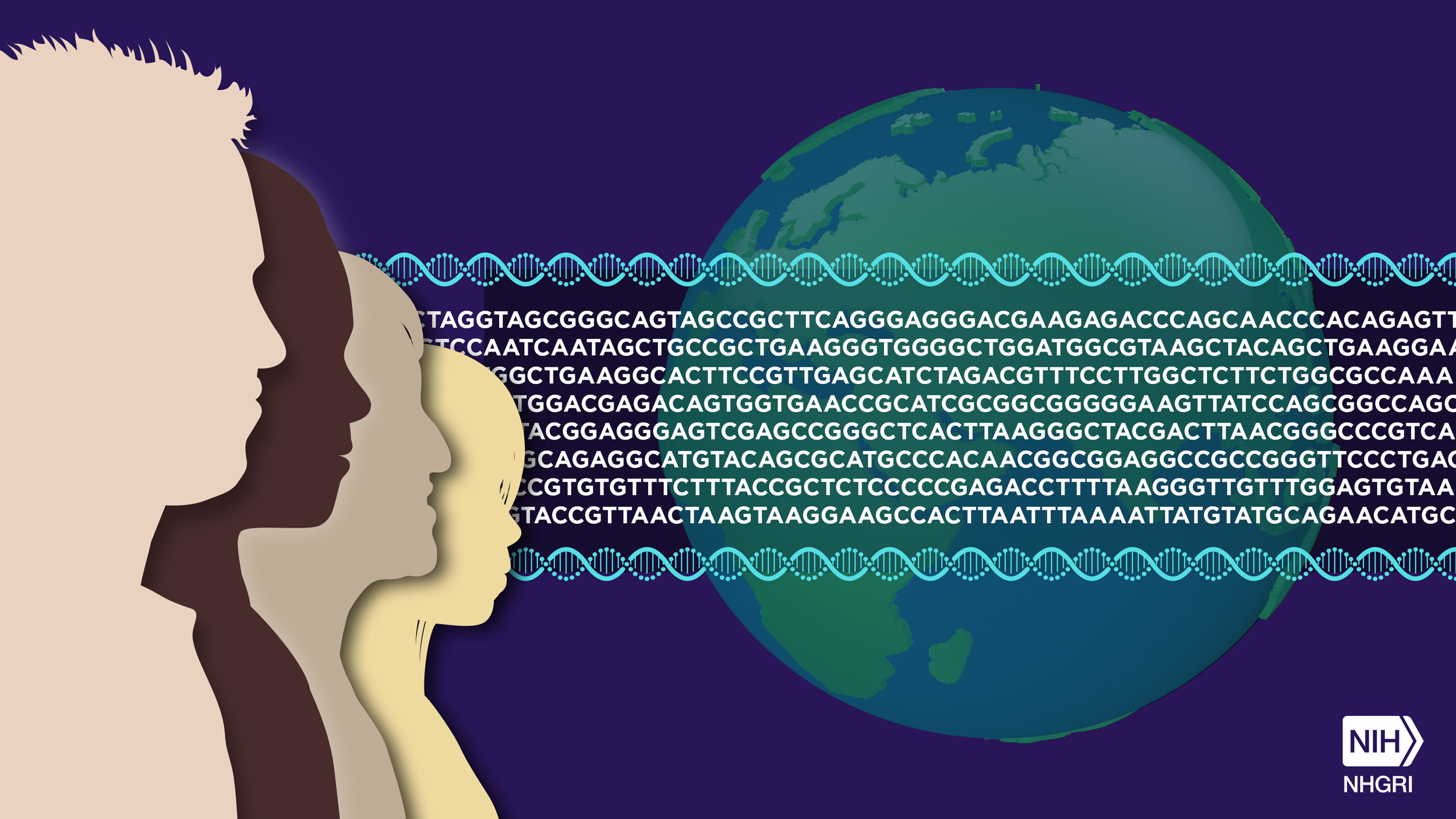Uncovering the genetic basis of mental illness requires data and tools that aren’t just based on white people – this international team is collecting DNA samples around the globe
By Hailiang Huang,
The Conversation
| 09. 12. 2022
Mental illness is a growing public health problem. In 2019, an estimated 1 in 8 people around the world were affected by mental disorders like depression, schizophrenia or bipolar disorder. While scientists have long known that many of these disorders run in families, their genetic basis isn’t entirely clear. One reason why is that the majority of existing genetic data used in research is overwhelmingly from white people.
In 2003, the Human Genome Project generated the first “reference genome” of human DNA from a combination of samples donated by upstate New Yorkers, all of whom were of European ancestry. Researchers across many biomedical fields still use this reference genome in their work. But it doesn’t provide a complete picture of human genetics. Someone with a different genetic ancestry will have a number of variations in their DNA that aren’t captured by the reference sequence.
When most of the world’s ancestries are not represented in genomic data sets, studies won’t be able to provide a true representation of how diseases manifest across all of humanity. Despite this, ancestral diversity in...
Related Articles
By Diaa Hadid and Shweta Desai, NPR | 01.29.2026
MUMBRA, India — The afternoon sun shines on the woman in a commuter-town café, highlighting her almond-shaped eyes and pale skin, a look often sought after by couples who need an egg to have a baby.
"I have good eggs,"...
By George Janes, BioNews | 01.12.2026
A heart attack patient has become the first person to be treated in a clinical trial of an experimental gene therapy, which aims to strengthen blood vessels after coronary bypass surgery.
Coronary artery bypass surgery is performed to treat...
By Staff, ScienceDaily | 01.05.2026
Scientists at UNSW Sydney have developed a new form of CRISPR technology that could make gene therapy safer while also resolving a decades-long debate about how genes are switched off. The research shows that small chemical markers attached to DNA
...
Following a long-standing CGS tradition, we present a selection of our favorite Biopolitical Times posts of the past year.
In 2025, we published up to four posts every month, written by 12 authors (staff, consultants and allies), some in collaboration and one simply credited to CGS.
These titles are presented in chronological order, except for three In Memoriam notices, which follow. Many more posts that are worth your time can be found in the archive. Scroll down and “VIEW...




